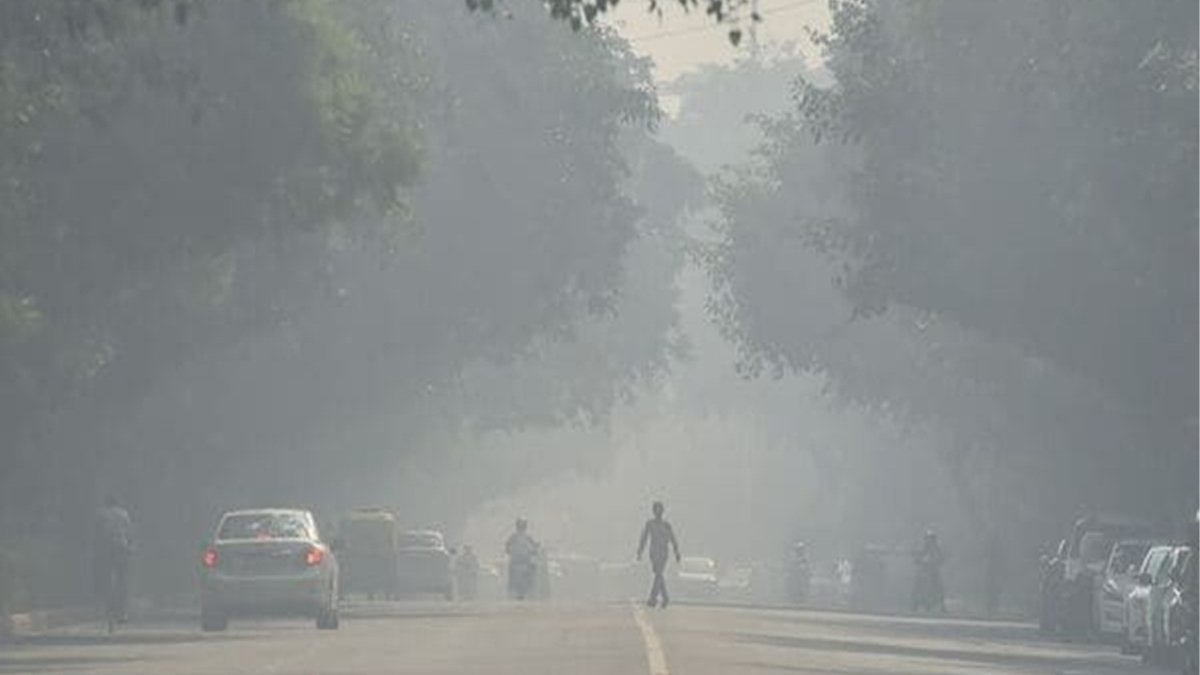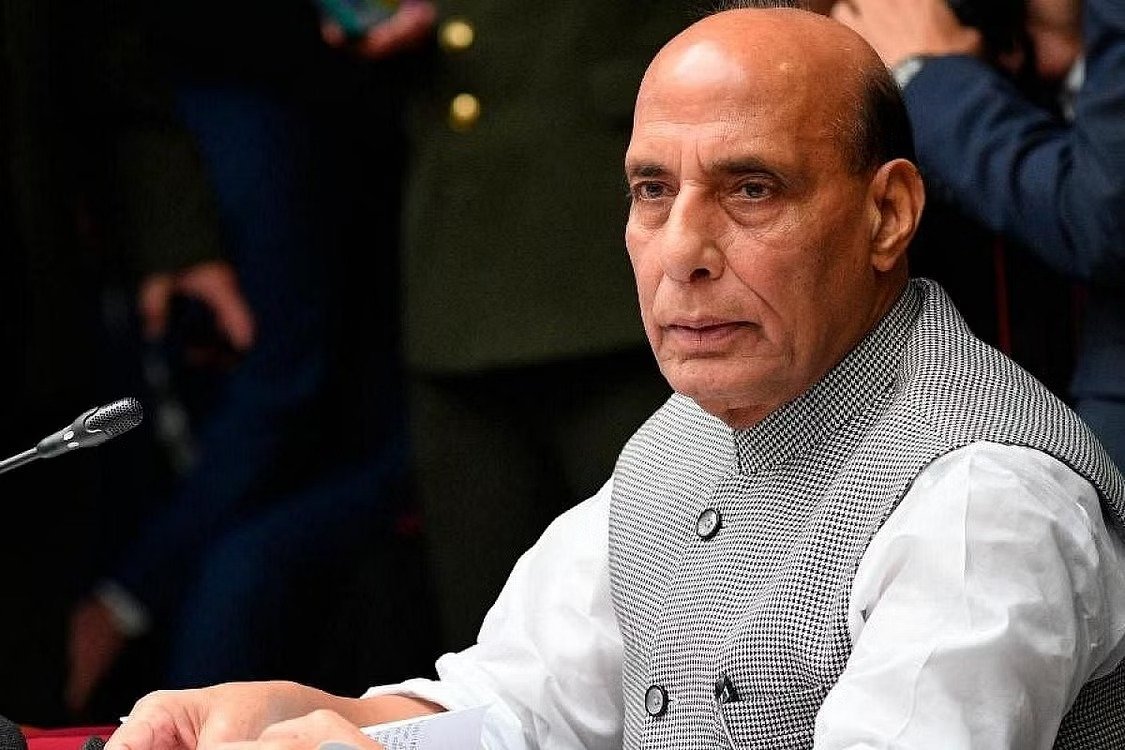Traveller’s Rest, the dusty farm where I spent a month climbing, lies 260km north of Cape Town in the bosom of South Africa’s rugged Cederberg ranges. The mountains tower majestically above fertile citrus farmland, forming a wall that keeps the rain – and most of the tourists – to the south. Beyond the barrier of peaks is an almost Martian landscape scattered with orange, wind-sculpted boulders and roamed by leopards and baboons. They call this place Rocklands.
My partner and I came from Australia for the rocks. We spent most of our days climbing, but one morning the sky was a giant bruise, flinging the odd fat raindrop at the dusty red earth. Instead, picking up maps of the renowned Sevilla Trail at Traveller’s Rest’s farm stall – a restaurant and corner shop catering to visitors – we wound our way among painted boulders admiring San (Bushman) rock art, some dating back 8,000 years.
Today, this is Afrikaner heartland; many of the farms in the area were first tilled in the 1740s by Trekboers, the Dutch ‘wandering farmers’ of Calvinist faith later known simply as Boers. Their descendants are called Afrikaners; their language, Afrikaans.
You may also be interested in:
• How Australia transformed English
• An Indian curry you can’t find in India
• The pidgin language uniting 83 islands
After our walk, we returned to the farm stall for lunch. “How are you people?” Frida, the waitress asked as we arrived. ‘You people’ is a common address in South Africa, but until I learned that it was a direct translation from the Afrikaans, ‘julle mense’, it left me feeling like a schoolgirl in trouble.
Language is like the culture in Africa’s southernmost country: rich beyond comprehension
The history of South African English is inextricably linked to that of Afrikaans, the language that South Africa is known for, which is a modern-day iteration of 17th-Century Dutch. As I set out to tell the story of one, the other kept cropping up, demanding attention, dispensing context. But here, English and Afrikaans are also inseparable from Africa itself. Just as they draw words from each-other, and from the migrants and slaves brought by the colonists, the languages also draw much of their character from the people who were here first. In that regard, language is like the culture in Africa’s southernmost country: rich beyond comprehension, a patchwork of worlds.
Discussion of the evolution of the colonial languages of South Africa is controversial, not least because they are just two of the 11 official languages in use today, and neither one is the first language for the majority of South Africans. In the 2011 Census, IsiZulu emerged as the language most spoken at home, followed by IsiXhoza. Afrikaans was a first language for 13.5% of South Africans, while English was spoken in just 9.6% of homes. Yet it is English that has emerged as the lingua franca – albeit a unique, local dialect enriched by the company of the many languages of the land.
During the Dutch rule of the Cape Colony in the 17th and 18th Centuries, missionaries from Britain, Europe and the US took English to African communities. The British takeover of the Cape Colony in the early 19th Century led to English being declared the sole language of government and commerce, marginalising Cape Dutch-speakers and “causing a deep resentment that is still noticeable in some Afrikaner groups today,” according to Penny Silva, a South African language expert who published A Dictionary of South African English on Historical Principles.
By the time of the Boer War (1899–1902) a deep distrust had developed between English- and Afrikaans-speakers. When South Africa gained independence in 1909, the stage was set for the ascendancy of Afrikaner culture and language. In 1925, Afrikaans was proclaimed the official language of South Africa.
Words have been the instruments of oppression in South Africa
During apartheid (1948–1994; literally ‘separateness’ in Afrikaans), English was adopted as the language of the African National Congress party and seen as the language of freedom for many oppressed South Africans. Meanwhile, in the townships under apartheid, education was patchy and often delivered in one of the nine African languages that together with Afrikaans and English are now official languages of South Africa.
In 1996, Silva published her landmark dictionary that sought to define South African English by its historical and political context. But words have been the instruments of oppression in South Africa, and the book, A Dictionary of South African English on Historical Principles, was controversial.
Today, Afrikaans is still widely spoken in the Cederberg region, and many of the elders of local families don’t speak any English at all. They gather at the farm stall on sunny days and chat in Afrikaans as they sip their rooibos tea. But the next generation, keen to capitalise on tourism and the offerings of globalisation, are fluent in English. This area was ‘discovered’ by the international rock climbing scene a few years back, and the recent influx of tourists has been welcome.
“I must admit,” said Traveller’s Rest owner Charité van Rijswijk, “if it was not for the climbers it would have been desperate times for the workers on the farm. We are in the midst of a drought that is the worst in 103 years.”
As I chatted to van Rijswijk, I was charmed by South African English’s structural formality, and noticed that contractions weren’t as common as in Australian English. Silva suggested that it is probably a result of English being a second language here; regardless, it lent a formality to our conversation, magnified by delightful terms like ‘robot’ (traffic light), or ‘shame’, which is used as an expression of sympathy or affection.
The language is peppered with words of Afrikaans derivation, along with Portuguese, Hindi, Malay and indigenous African – legacies of migration, slavery and the existence of many local cultures that predate white colonisation. Everywhere I went, conversations were interrupted with little ambushes of foreign words and phrases.
“Lekker,” van Rijswijk told me as I paid for lunch one day. On seeing my confusion, she explained that it meant ‘good’. Its literal translation from Afrikaans is ‘delicious’, but its usage is so widespread beyond the context of food that it’s ‘lekker’ to get familiar with the term before visiting South Africa. All the locals I talked to peppered their speech with unfamiliar words: they’d come and fix the hot water in the bakkie (utility truck), or invite us to a braai (barbecue), which would be lank (really) cool – all borrowings from Afrikaans.
As the afternoon turned pink with the long sunset, we made our way to the bar at de Pakhuys campsite. The open-sided shelter, made of corrugated iron and rough-hewn timbers, is the heart of the campsite and source of many a babalaas (hangover).
I ordered a dumpie (beer) and found us a seat by the huge brazier in the middle of the space. Campers made a nightly pilgrimage to cook their dinner in the fire, roasting vegetables wrapped in foil and cooking steaks on braai grids over the coals while their phones charged at the communal power points.
“Hey bru [mate]! Howzit [how are you]?” Doug, a local, called across the room. “I’m coming over ‘just now’ [soon], make me a space!” He grabbed a round of drinks and joined us with a few of his fellow born-frees, South Africans who were born after the fall of apartheid in 1994.
Penny Silva’s dictionary was published just two years after Nelson Mandela became president. Much of the work of compiling the dictionary was done in secret in the 1970s and ‘80s, with Silva and her team collecting dozens of banned books to document the etymology of South African English.
A thing as innocuous as a dictionary could be an instrument of political change
“By the time we published in 1996,” Silva said, “the Mandela government was in power, so all the banned books we’d collected material from could be used in the dictionary. We’d stored the quotations safely in the hope that we could publish them.”
As I listened to the next generation of the Rainbow Nation bantering over their meal preparations, I imagined a very different South Africa, where a thing as innocuous as a dictionary could be an instrument of political change.
“Get away, you scaly person [thief]!” Doug exclaimed as he and the other born-frees began preparing their dinner. “Leave it, man!” He used a pair of tongs to nudge his sweet potato among the coals. There was friendly competition for the best spot, but foil wrappings are delicate, and a tear would ruin dinner. A commotion erupted on the other side of the fire when two foil packages got confused. “That’s my dinner, you skollie!” Somehow the Greek word skolios [criminal] has found its way into local parlance too.
One of our friends leaned in and murmured conspiratorially to me, “Ag, shame [cute]. They fighting like a pair of baboons. You must ignore them and have another dop [drink].”
History may have positioned Afrikaans and English as rivals, but a modern-day traveller to South Africa sees that they are locked in each-other’s embrace, each influencing and bending the other into shapes that are uniquely of this time and place, uniquely South African.
Join more than three million BBC Travel fans by liking us on Facebook, or follow us on Twitter and Instagram.
If you liked this story, sign up for the weekly bbc.com features newsletter called “If You Only Read 6 Things This Week”. A handpicked selection of stories from BBC Future, Earth, Culture, Capital and Travel, delivered to your inbox every Friday.
*News Searching By BBC*
























